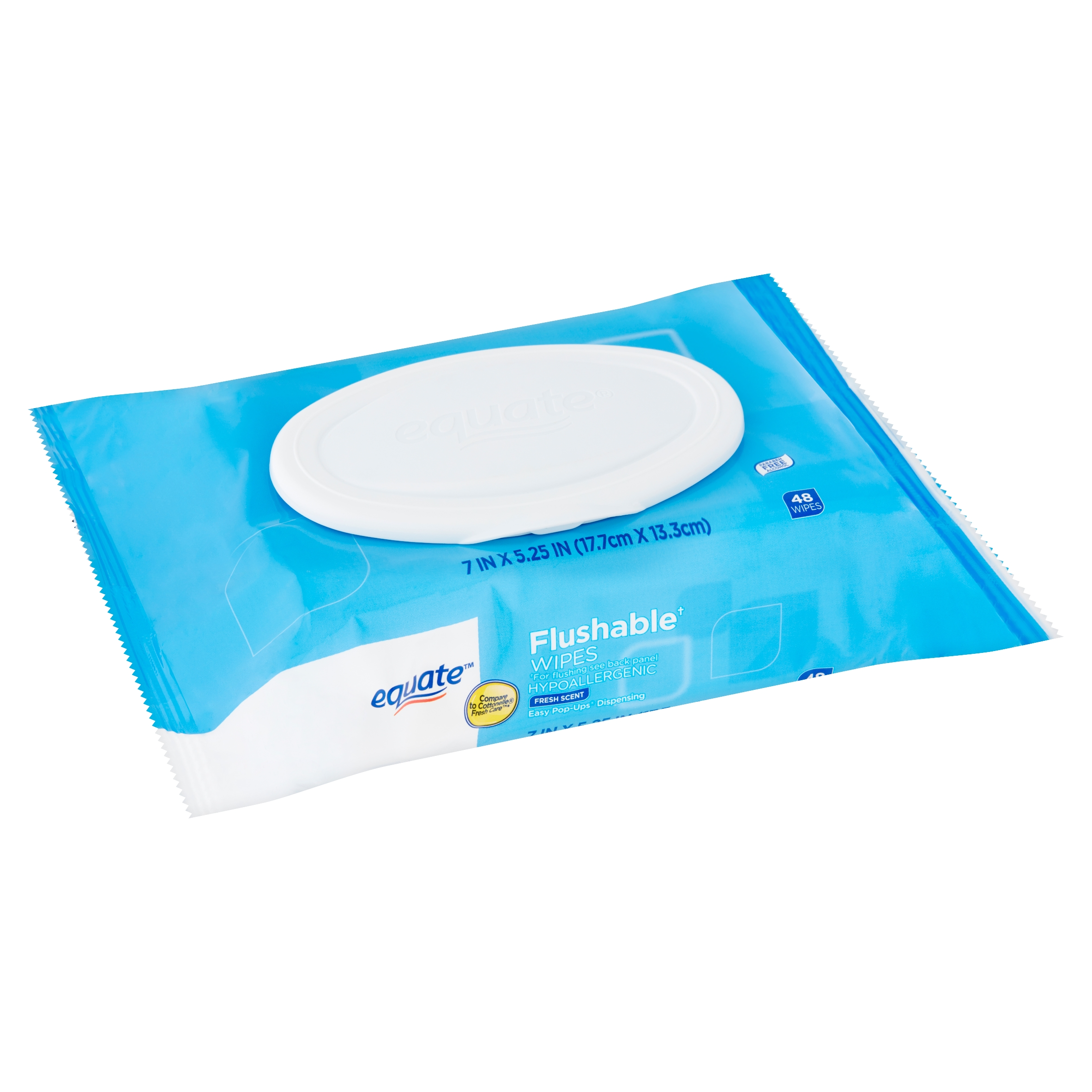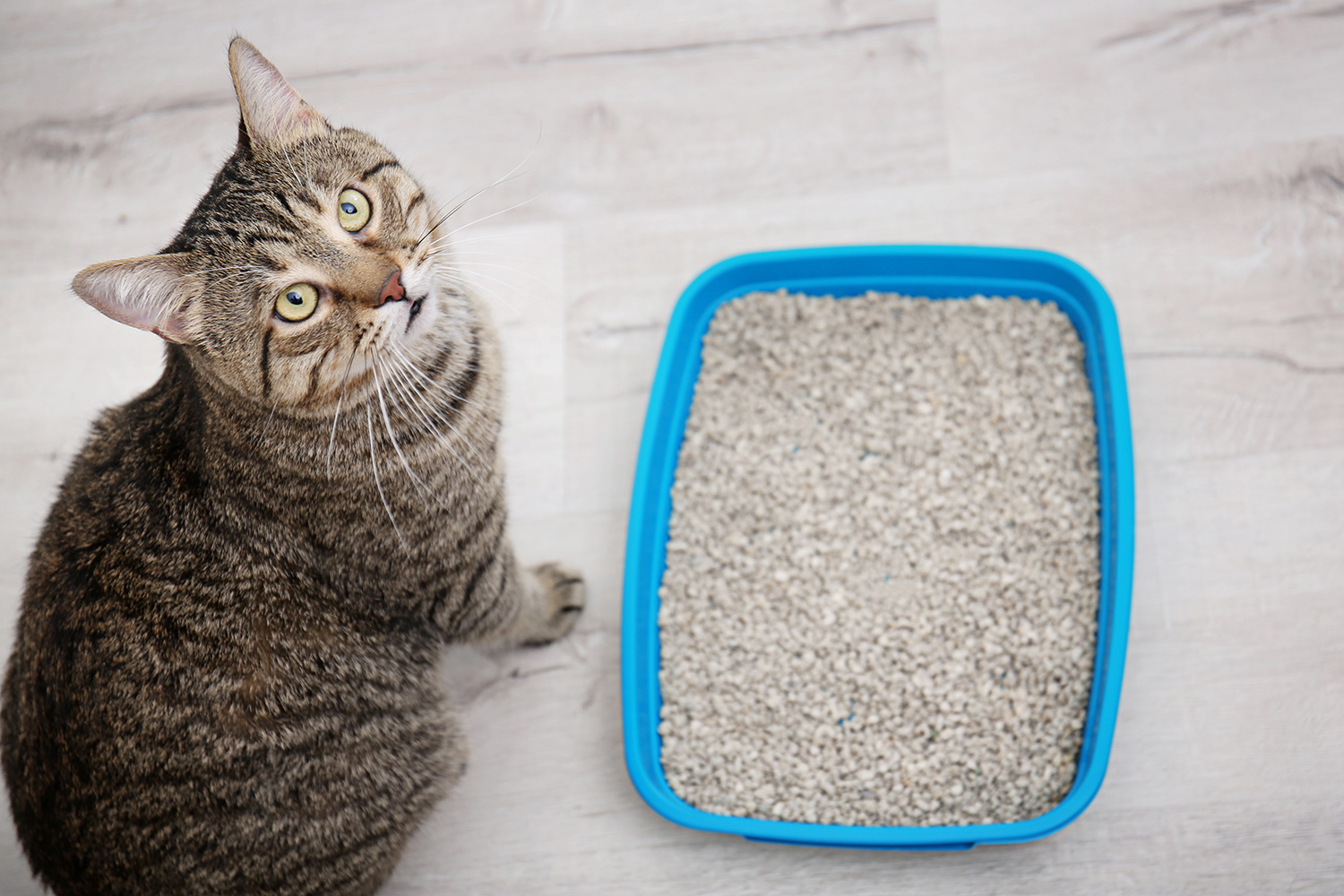Flushing anything that is not toilet paper down the toilet means risking a clogged toilet, which can lead to more serious plumbing problems such as an overflowing toilet and subsequent water damage. Sometimes, even flushing too much toilet paper at one time can cause plumbing issues. It is important to be careful when deciding what to flush and what not to flush down your toilet. Keep reading to learn more about 7 commonly flushed items that are actually non-flushable and can wreak major havoc on the functionality of your toilet and your home plumbing system as a whole. Remember, these are items that you do not flush.
1. Paper Products
Since toilet paper is a paper product that is safe to flush down toilets, many people believe that any paper product—such as paper towels, tissues, etc.—can be flushed down the toilet without causing any problems.
Unfortunately, this is not the case. Toilet paper is designed specifically to break down very easily in water, whereas other paper products like tissues and paper towels are actually designed to do the opposite. Paper towels and tissues absorb liquids without breaking down, which means that they are likely to clog your toilet.
2. Feminine Products>
Feminine products—tampons and sanitary pads—are not flushable items. Tampons and pads are very likely to clog your toilet because they are designed to absorb liquid without breaking down.
Instead of flushing feminine products down the toilet, wrap them in toilet paper and throw them away in the trash can for safer disposal.
3. Pills
Flushing pills down the toilet is considered to be one of the easiest and safest ways to dispose of old, unused medications. In reality, you should never flush pills down your toilet. Toilet water does not break down pills. Not only can large amounts of pills clog your toilet and cause plumbing problems, but flushing medications down your toilet is also an environmental hazard.
4. Cat Litter
Many brands of cat litter claim to be “flushable”. While flushing cat litter down your toilet might seem like a convenient way to get rid of the litter and its odor, you’re much better off just collecting your cat litter in a bag and throwing it away.
Flushing cat litter is a major cause of toilet clogs. Even cat litter that is supposedly flushable can clog your toilet. Most toilets—especially modern, efficient toilets that are designed to conserve water—simply do not use enough water to effectively move cat litter through the pipes in your home plumbing system, which can lead to clogs and other plumbing issues.

Warning: Do Not Flush These Items
5. Flushable Wipes
Flushable wipes are another “flushable” item that should really never be flushed down your toilet. Even if they say they are flushable, baby wipes and other sanitary wipes should not be flushed down the toilet because they do not disintegrate like toilet paper and can lead to major clogs in the pipes of your home plumbing system.
6. Cotton Balls
Cotton balls, cotton swabs, cotton rounds, and other similar personal care products might seem like they are small and soft enough to be flushed down your toilet, but these items can lead to major toilet clogs.
Personal care products like cotton balls are deceiving because one cotton ball is unlikely to clog your toilet. Once you flush a cotton ball or a cotton swab down your toilet without issue, it’s natural to think that you can safely flush these items. However, multiple cotton balls and cotton swabs can build up in the pipes in your home plumbing system over time—which can lead to toilet clogs.
7. Bleach
Bleach might be the most surprising non-flushable item on this list. Many toilet cleaners include bleach as their number-one active ingredient. However, using bleach-based toilet cleaners can actually wreak havoc on your home plumbing system.
Over time, bleach can break down the porcelain material of your toilet as well as the chrome and plastic fittings and seals that keep your toilet functional and leak-free. Bleach can also cause severe damage to some septic systems, which can lead to even more serious plumbing problems that are very expensive to fix.
Bleach-free toilet cleaning solutions do exist and clean your toilet just as well as bleach does. Also, if you usually just pour straight or diluted bleach down your toilet, vinegar is an excellent substitute. It is a natural disinfectant that effectively cleans your toilet and is just as accessible and convenient as bleach.
Check our blog for more tips!


